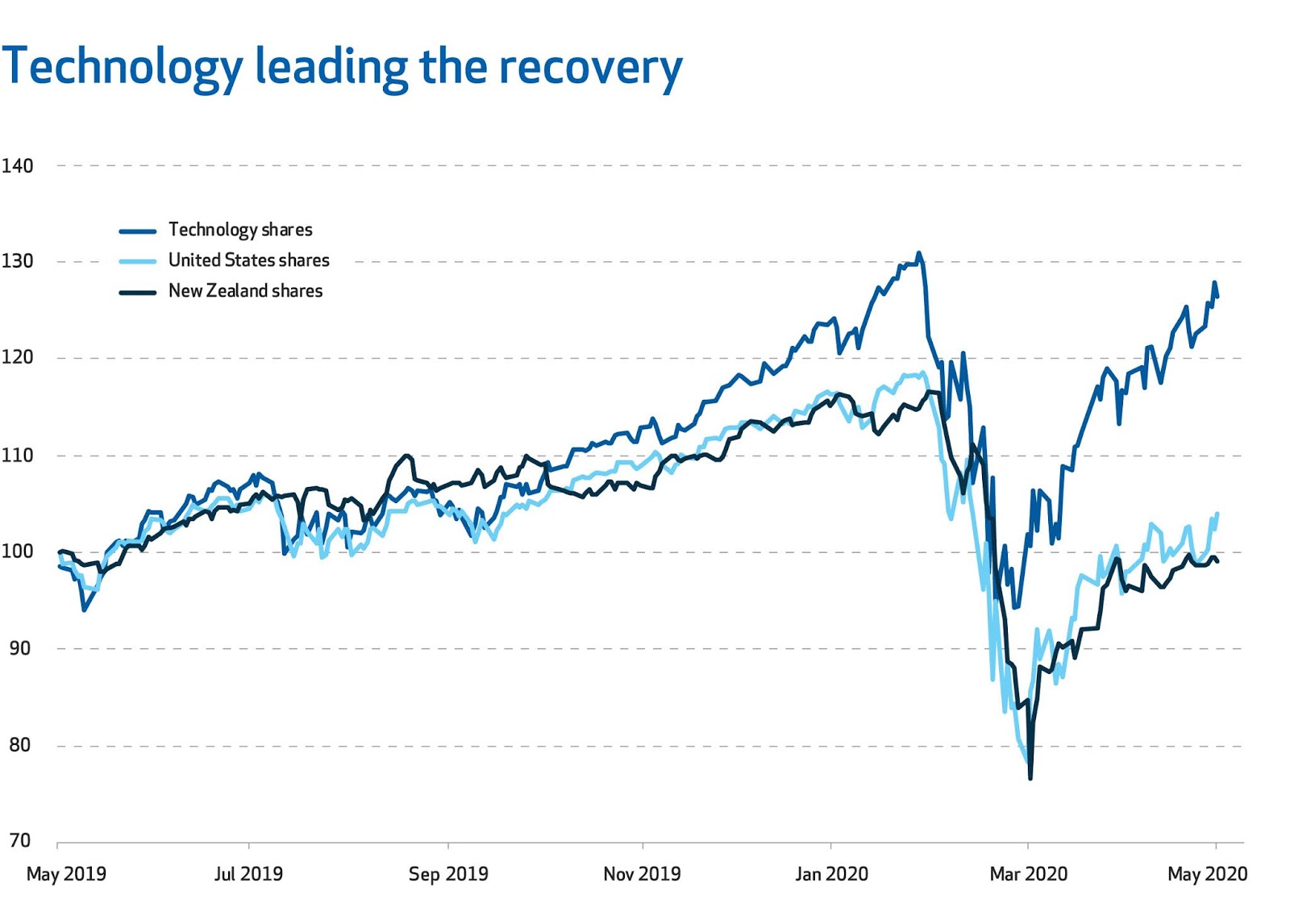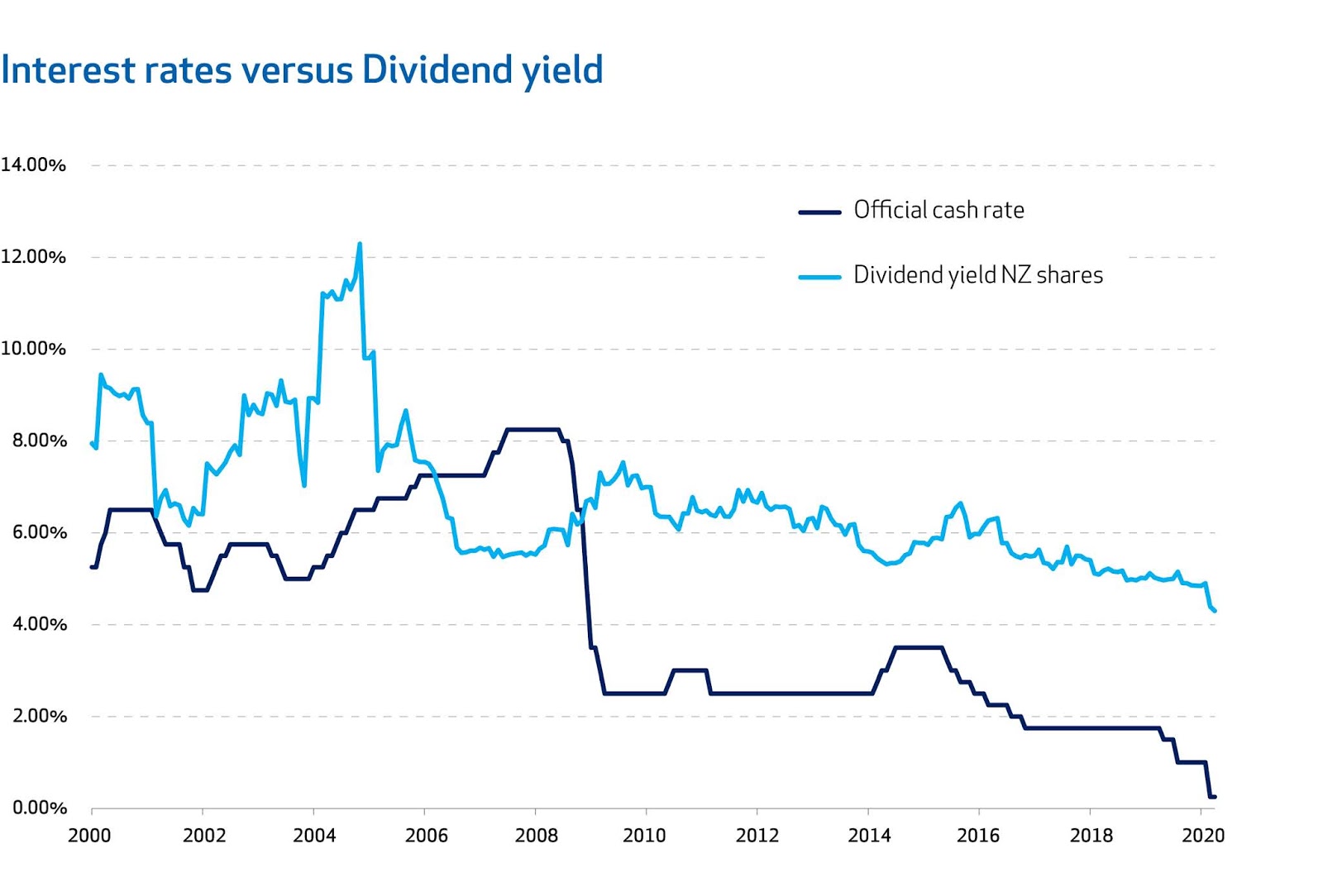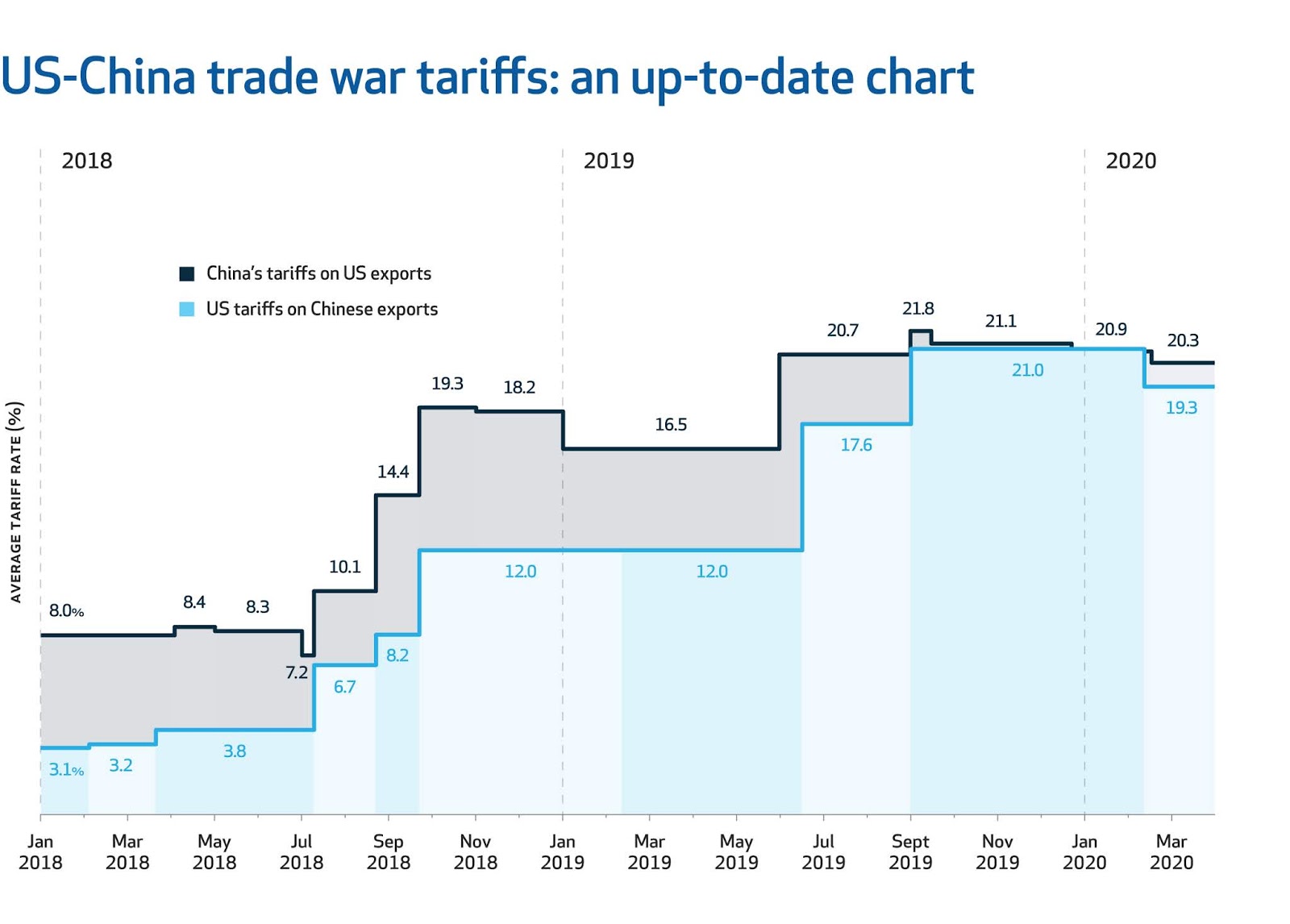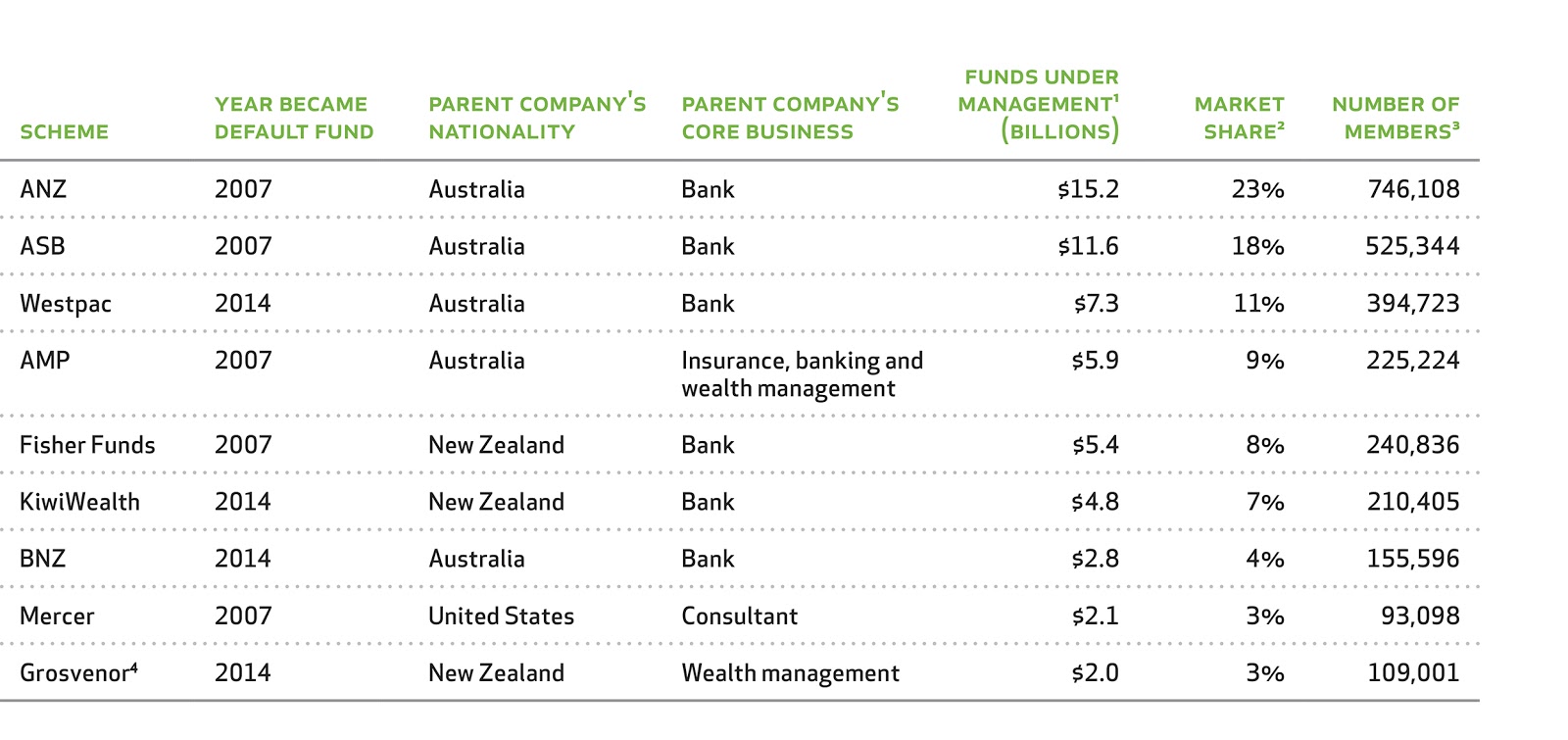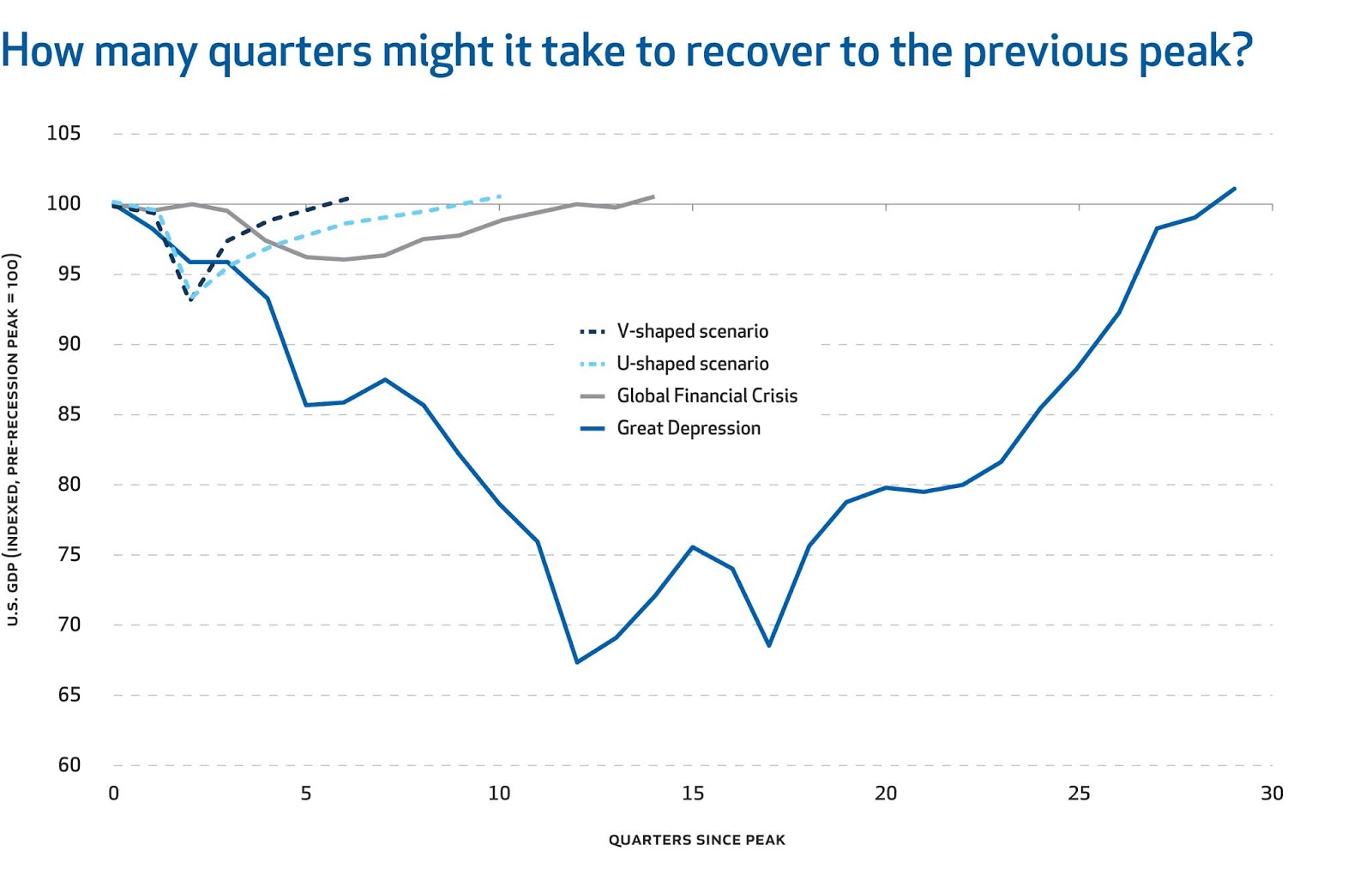KiwiSaver Insight:
Is default status a gravy train?
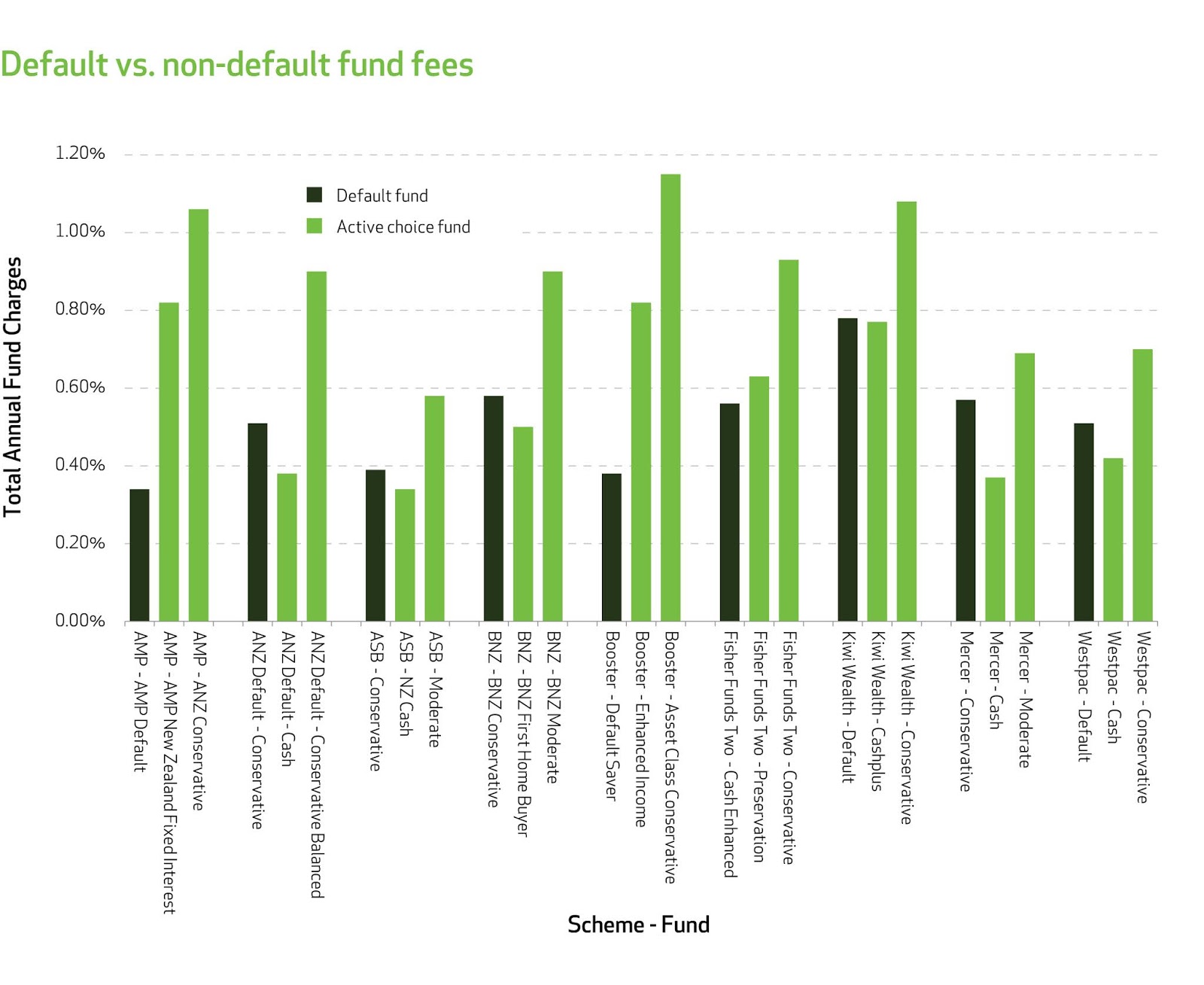
Last month, we questioned why the New Zealand regulatory environment ‘gifts’ billions of dollars of Kiwi savings to only nine of New Zealand’s 23 KiwiSaver managers, when all managers must demonstrate they are worthy of managing the public funds. We showed that few of the default managers selected had New Zealand-owned parent companies. Additionally, few of the managers selected specialised exclusively in funds management. And finally, we questioned whether, with hindsight, the managers which were chosen had proven to be more stable and more compliant than the other managers in the market. This month we examine what happens to the clients who are allocated to nine of New Zealand’s 23 KiwiSaver managers, and ask again whether awarding a selective group of managers monopoly default status is really in New Zealanders’ long-term interests? Under the current KiwiSaver rules whenever a new employee joins an employer, they are automatically enrolled in KiwiSaver unless they are alrea
